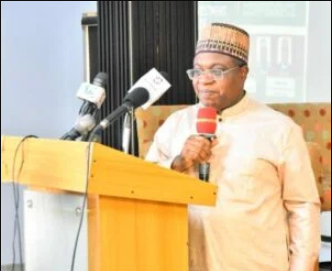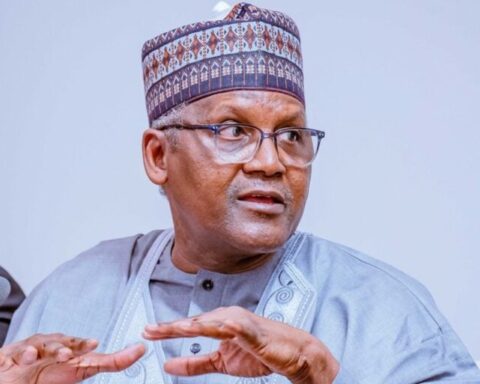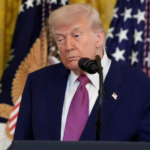By Funmilola Gboteku
Mr Obi Asika, Director-General of the National Council for Arts and Culture (NCAC), says Nigeria must digitize its cultural heritage to secure relevance in the global artificial intelligence (AI) ecosystem.
Asika spoke during a fireside chat at the GITEX Nigeria Tech Expo and Future Economy Conference on Thursday in Lagos.
He stressed that cultural assets rooted in Nigeria’s history are critical to AI development and the growth of the creative economy.
According to him, ancient palaces across Northern Nigeria house centuries-old inscriptions and manuscripts in Hausa, Kanuri and Fulfulde, documenting science, mathematics, medicine, technology and governance.
“We must transcribe and digitise these archives. They are repositories of innovation. If AI is not trained with our culture, Nigeria will be missing globally,” he said.
He warned that failure to digitise Nigeria’s languages and cultural records would result in African knowledge being ignored by global AI systems, deepening marginalisation in the digital era.
Asika noted that while AI and emerging technologies such as blockchain and Web 3.0 are reshaping industries, creativity remains the defining value.
“You can build all the platforms in the world, but without content and creativity, they are empty. It is human creativity that gives them meaning,” he said.
To prepare Nigeria’s creative sector, Asika revealed that NCAC has established the Council for Creative Tech Futures (CCTF). The body will craft a roadmap for creative industries in the AI age.
He said the council would align its work with the national AI strategy of the Ministry of Digital Economy and the National Information Technology Development Agency (NITDA).
It would also design sector-specific policies for the creative and cultural industries.
Asika identified over 50 subsectors of the creative economy, including fashion, animation, architecture, cuisine, publishing, gaming, beauty, and literature, which remain underrepresented in Nigeria’s economic planning.
“The UK creative industry is worth 125 billion pounds. By 2030, Nigeria can surpass that, creating over 20 million jobs.
“Some forecasts place our sector at 250 billion dollars by 2035, but only if we deliberately invest and prioritise the creative economy as a growth driver,” he said.
He emphasised that the creative economy extends beyond entertainment, covering identity, culture, innovation and job creation.
Asika pointed to the acquisition of a stake in Mavin Records by a global label, valued between 100 and 200 million dollars, as proof of Nigeria’s potential.
“This shows African creativity can compete globally. We must replicate such success across music, film, fashion and other industries,” he said.
He added that while telecommunications firms supply infrastructure, true economic value derives from content and culture.
“Our narratives are our strength. For centuries Africa lost control of its story. Technology now gives us a chance to reclaim it.
“Content and culture give us identity. That is where Nigeria will truly win,” Asika said.
He urged stronger collaboration between government, investors and industry players, stressing that Nigeria’s youthful population and creativity could drive exponential growth if fully harnessed.



























